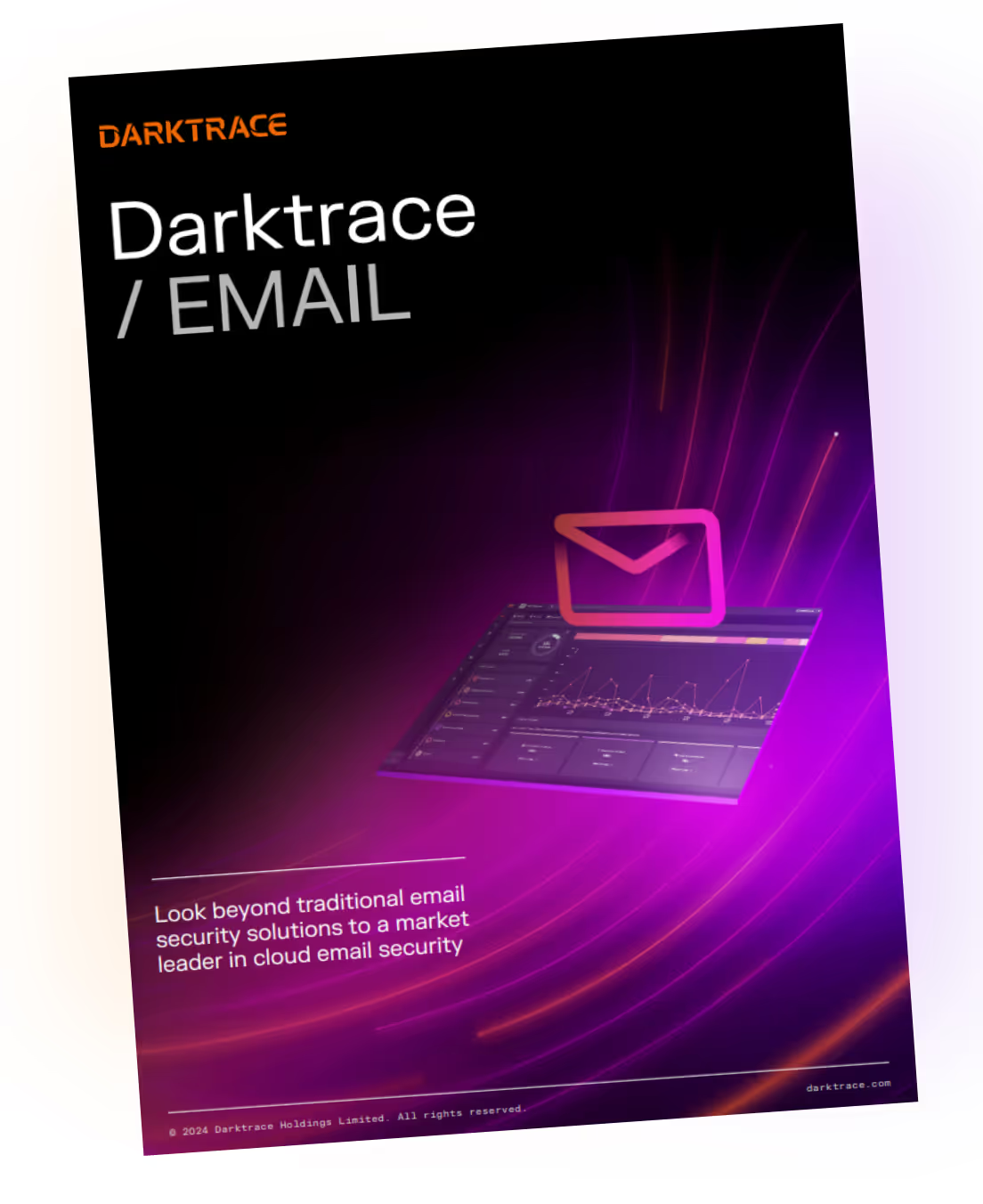What is Spear Phishing in Cyber Security?
Spear phishing definition
Spear phishing is a type of phishing cyber-attack that targets a specific individual or organization rather than a broad audience. This usually involves an attacker conducting a significant amount of research on an organization or individual to make their attack seem more credible by contextualizing their message with relevant personal or corporate information. These attacks usually come in the form of email messages but ‘spear-phishing’ is a more specific way to describe a socially engineered phishing attempt that is targeted.
The goal of a spear phishing attack is to gain access to sensitive information such as credentials or compromise valuable data. This can be done purely through solicitation or through further methods of compromise such as embedding malware into a targeted system.

What is the difference between spear phishing and phishing?
Phishing: Email phishing is one of the most common attack vectors for actors to successfully infiltrate systems. In 2022, Microsoft alone recorded over 70 billion attempts at email and identity threat attacks. Email phishing involves the process of sending a mass number of fraudulent emails, while posing as legitimate sender, to convince people to reveal sensitive information such as passwords, social security numbers, bank account information, and more.
A phishing email might include a logo from a legitimate company or attempt to mimic the language a certain company or employee uses when they send out emails. This way, attackers can communicate to a large audience who might be familiar with this company. For example, an attacker might attempt to replicate an Amazon alert email that attempts to solicit victim’s account or credit card info. Many phishing emails also contain spoofing qualities.
Spear phishing: Spear phishing is a more focused version of phishing that typically targets individuals with authority in an organization. In a spear phishing campaign, the attacker will research a specific organization or individual. By understanding current events, relationships, and other contextualized info, the attacker can develop a cyber-attack that mimics regular communications patterns in the organization. Doing so will make their communication attempt seem legitimate and will increase the likelihood of establishing trust between themselves and the victim party. Once trust is established, the attacker will attempt to solicit sensitive information, money, or attempt to compromise the victim’s device with malware by requesting them to share information or download malicious files.
Types of spear phishing
Business email compromise (BEC)
BEC is a type of email cyber-attack where a threat actor attempts to trick someone into sending them money or valuable information by impersonating a valuable or high-ranking individual within a business. In this scenario the goal is to compromise an account so that the attacker can continue to conduct malicious activity through legitimate account credentials.
CEO fraud
CEO fraud is a form of impersonation where a threat actor will falsify their identity, acting as a CEO at an organization and attempt to communicate with other employees, such as members of the finance department, to trick them by using a falsified version of a high-ranking official’s credentials. Often urgently requesting the transfer of money. These attacks are specifically focused on financial gain.
Executive phishing/whaling
Whaling is a heavily targeted phishing attack in which an attacker attempts to phish a high ranking official, often chief executives. These social engineering cyber-attacks contain information that is highly personalized to the intended target to encourage them to click a link that will download malware, transfer funds to the attacker, or share details that can facilitate further attacks. The effects of a successful whaling attack can be devastating, including data loss, financial loss, and reputational damage.

Spear phishing solutions
Security Awareness Training: Organizations should implement security awareness training to keep their employees up to date on the best practices to avoid cyber risk. This involves educating users on how to recognize and avoid phishing attacks, how to create strong passwords, know what information is safe to share with people outside the company, and other practices.
Advanced email solutions: Traditional legacy systems are not adept for fighting against spear phishing attacks because these attacks use social engineering and other techniques (further spoofed domains in their links, hidden macros in legitimate-looking attachments, and an ongoing chain of communication to build association). These are unlikely to be registered as malicious by the rules and signatures of a legacy gateway. To fight back efficiently and successfully against spear phishing attacks, organizations should consider implementing advanced email security solutions.
Email Security Vendors: Darktace’s Approach to Email Security

Darktrace's revolutionary approach to email security doesn't rely on insights gleaned from past data. Instead, it develops in-depth insights into the usage patterns of each setting and user.
By analyzing this information, Darktrace / EMAIL can quickly detect, flag, and address deviations. Our leading AI technology develops a typical usage profile for every user, which includes their relationships, link-sharing patterns, tone and sentiment, content, and more.
Darktrace / EMAIL stops sophisticated security risks to businesses through email fraud, such as generative AI attacks, data loss, supply chain attacks, account takeovers, BEC, and ransomware, by understanding the human behind email communications instead of just basing strategies on past attacks.
Try our free demo or find out more about Darktrace / EMAIL in our Solution Brief.








